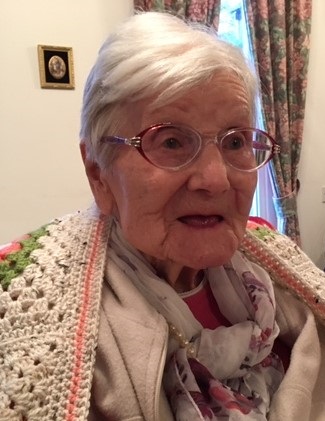Nutrition is important in any stage of life. We are encouraged from an early age to eat a varied diet in order to ‘grow big and strong’. But as we get older and our bodies begin changing again, re-evaluating how nutrition affects us is important – good nutrition makes a difference to our health, appearance and our overall mental wellbeing.
Clearly older adults have different nutritional needs and will have different struggles when it comes to their relationships with food. As we age we may experience perceptual changes such as the loss or a lower impact of smell and taste – this can have a huge impact on our relationship with foods, our appetite and eventually our nutrition.
We may also experience bodily functional changes such as the loss of teeth, how our bodies react with food or becoming newly allergic to certain food – these changes can be embarrassing when eating in a social environment and may encourage some older adults to eat less or avoid meal times all together.
Circumstantial changes such as financial concerns, loss of a partner or personal safety concerns may also be experienced by some of us – and for those affected by this it can hit them worse with the stress affecting their appetite, interest in food and ultimately the amount of nutritious food that is consumed.
Age UK predict that over 1 million people over the age of 65 are either malnourished or at risk of malnourishment. For those receiving care, a person centred approach to help tackle this becomes key. Understanding an individual’s relationships and potential struggles with different food gives you the ability to craft a diet that can provide nutrition without causing potential difficulties.
This understanding, attention to detail and individual driven approach is what will really make the most impact on an older adult receiving care. To cater for individuals, promoting healthy wellbeing that suits their needs should be at the top of any care settings agenda.











